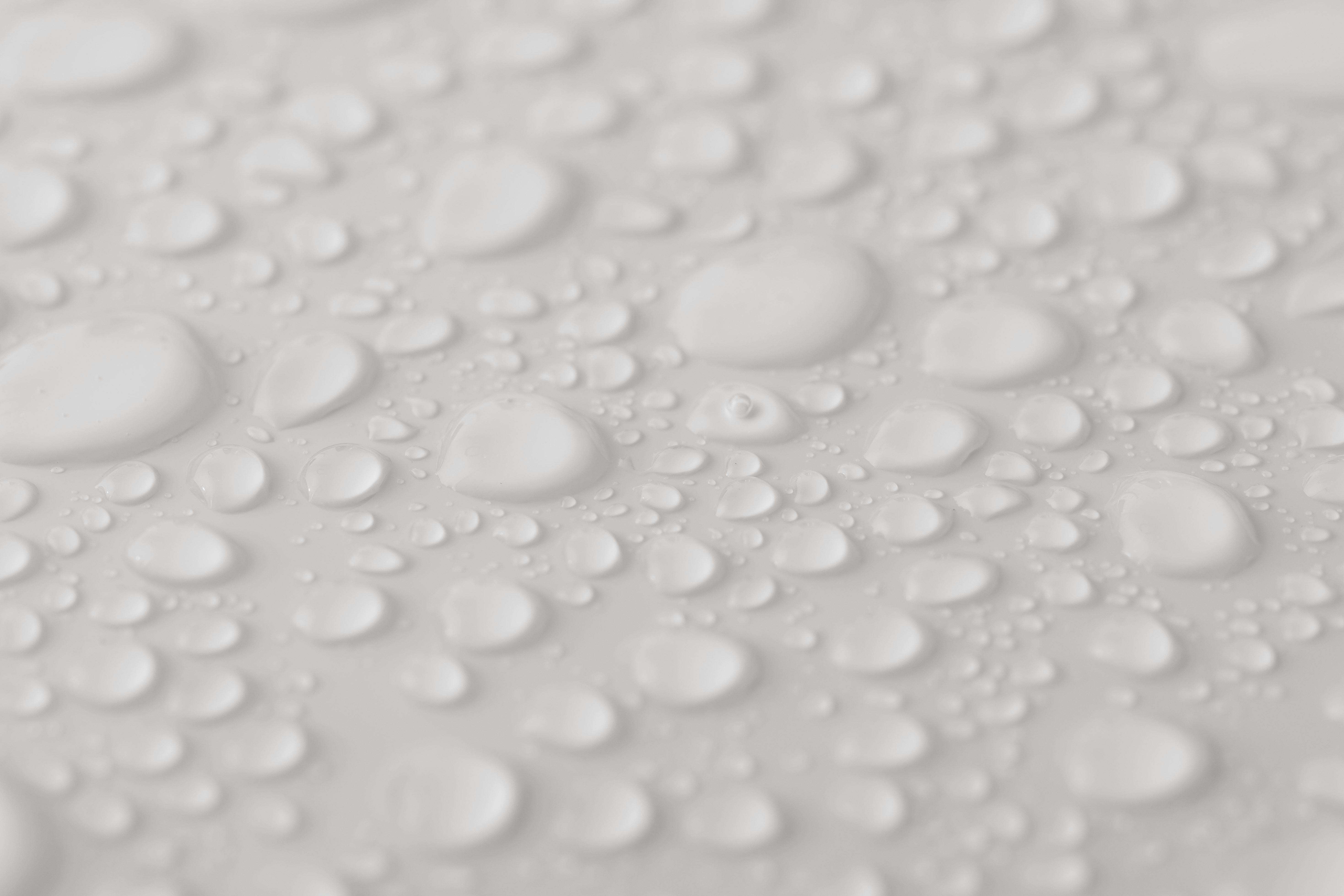Distilled water and deionized water are both types of purified water, but they differ in the way they are processed. Distilled water is produced by boiling and then condensing the steam from the boiling liquid, while deionized water is made by passing regular tap water through a deionization process that removes ionized salts and other impurities. Both types of water are free from most contaminants, but they have different chemical compositions.Distilled water is water that has been boiled into vapor and then condensed back into liquid form. It has had almost all of its impurities removed through distillation, including minerals and microorganisms. Distilled water is often used in medical settings and in the creation of certain products, such as cosmetics and medicines, since it is free from contaminants.
What is Deionized Water?
Deionized water, sometimes referred to as demineralized water (DI water, for short), is a type of purified water that has had all of its mineral ions removed. These ions are typically present in natural sources of water, including calcium, magnesium, sodium and chloride. By removing the minerals, deionized water becomes a much purer form of H2O than what is found naturally. This makes it suitable for many industrial and laboratory applications.
The process of deionization involves passing the source of water through various types of resins that are negatively or positively charged. The resins attract the mineral ions in the water and bind them to their surface. The resulting purified water then passes through a filter system to remove any residual particles or contaminants before it is considered completely deionized.
Deionized water has many uses in a variety of industries and applications due to its high purity level. It can be used as a solvent for chemical reactions, as well as for cleaning processes and equipment where other types of contaminants could cause problems or harm the operation’s
Distilled Water vs. Deionized Water
Distilled water and deionized water are both types of purified water that are used in various applications. Distilled water is created through the process of distillation, which is the boiling and condensing of liquid to separate out impurities. Deionized water is created through a process called ion exchange, which removes ions from the water to purify it. Both processes are effective in removing contaminants and other impurities from the water, but there are some key differences between the two types of purified water.
Distilled water contains no ions or minerals, so it has no taste or odor. It is also considered to be sterile since it does not contain any bacteria or other microorganisms. Distilled water is often used for drinking, cooking, and other applications where pure water is needed.
Deionized water, on the other hand, contains some minerals and ions that give it a slightly salty taste. It also contains some bacteria and other microorganisms that can be beneficial for certain uses such as aquariums. Deionized water is often used for laboratory experiments, electronic applications, and industrial processes where pure but slightly mineral-
Advantages of Distilled Water
Distilled water has many advantages over regular tap water. It is free of contaminants, including minerals, bacteria, and metals. This makes it a great choice for people who are concerned about their health and the quality of the water they drink. Distilled water is also very pure and has a neutral taste, making it more palatable than other types of water. Additionally, distilled water is often used in many industrial processes because it does not contain impurities that can interfere with operations or contaminate products. The process of distillation also removes most dissolved solids from the water, allowing for a higher level of purity than most other types of water.
Distilled water also has many practical advantages over other types of drinking waters. It has a longer shelf life than other types of drinking waters since it does not contain any minerals or chemicals that can cause it to spoil faster. Additionally, distilled water has no odor or taste, so it can be used in a variety of recipes without altering the flavor significantly. Furthermore, distilled water can be beneficial for some medical treatments as well since it does not contain any potentially harmful contaminants.
Advantages of Deionized Water
Deionized water is water that has undergone a process known as deionization, which removes all of the ions, such as sodium, calcium, iron, and other minerals, from the water. This process makes the water purer than regular drinking water and can have several advantages.
The main advantage of deionized water is its purity. By removing all of the ions from the water, it is much less likely to contain any contaminants or impurities that could be harmful to human health. This makes it ideal for use in medical and scientific applications where purity is essential.
Deionized water also has a number of industrial applications. For example, it can be used for ultra-pure cleaning in manufacturing processes such as metalworking or electronics assembly. It can also be used to create solutions for chemical reactions or in laboratory experiments.
Another advantage of deionized water is that it does not conduct electricity very well. This makes it useful as an insulator in electric wiring or appliances. Additionally, deionized water does not form

What Are the Disadvantages of Distilled Water?
Distilled water has a few disadvantages that make it less desirable than other types of water. First, it does not contain any minerals or other nutrients which can be beneficial for your health. Minerals like calcium and magnesium are important for our bones and teeth and provide other benefits to our bodies. Additionally, distilled water has no natural flavor, making it less appealing to drink than regular tap or spring water.
Another disadvantage of distilled water is that it is more acidic than regular tap water, which can be damaging to certain appliances and plumbing fixtures. The acidity level can cause corrosion of pipes over time and reduce the life expectancy of appliances that use the water.
Finally, distilled water is more expensive than regular tap or spring water since it requires a distillation process to produce. The cost of equipment needed to produce distilled water can be expensive as well, making it a less economical option for some people.
Overall, distilled water does not contain any minerals or nutrients that are beneficial for our health and has no natural flavor, making it less appealing to drink than regular tap or springwater. It is also
What Are the Disadvantages of Deionized Water?
Deionized water has many advantages, but it also has its drawbacks. The most significant disadvantage is that deionized water is not safe to drink. Unlike tap water, which contains minerals and other essential nutrients, deionized water has no beneficial elements. This makes it unsuitable for drinking or for use in cooking and food preparation. Furthermore, deionized water does not contain any natural bacteria, which can help protect against disease in humans and other animals.
Another disadvantage of deionized water is its lack of taste or odor. This can make it unappealing to some people who are used to the flavor of tap water or mineral-rich spring water. Additionally, because deionized water does not contain any protective compounds like chlorine or fluoride, it can be susceptible to microorganism contamination if left untreated for too long. Finally, due to its lack of minerals and protective compounds, deionized water can be corrosive to certain metals and should not be used to clean delicate surfaces such as electronics or jewelry.
Which is Better for Drinking: Distilled or Deionized Water?
When it comes to choosing the best type of water for drinking, there are two main options: distilled water and deionized water. Both types of water have their advantages and disadvantages, so it is important to understand the differences between them before selecting one.
Distilled water is created by boiling water and then collecting the steam in a container, which removes all minerals and other impurities. This type of water is often used in scientific labs because it is free from contaminants. It has a neutral pH level and does not contain any minerals, so it may taste slightly “flat” when compared to tap or bottled water.
Deionized water, on the other hand, is created by passing tap or bottled water through a special filter that removes ions such as calcium, magnesium, sodium, chlorine, and other impurities. This type of filtered water has a neutral pH level like distilled water but has fewer contaminants than tap or bottled waters. Because deionized water contains some minerals, it may have a slightly better taste than distilled water.
Overall, both types of filtered waters

Conclusion
Distilled water and deionized water are both forms of purified water. Distilled water is created through a process of boiling and condensation, while deionized water is created by passing the water through a resin bed to remove impurities. Both forms of purified water can be used for many applications, including drinking, cleaning, and in industrial processes. The main difference between the two is that distilled water has no ions present, while deionized water has some ions present depending on the type of resin used in its purification process.
Overall, both distilled and deionized water have their advantages and disadvantages. Distilled water is a good choice for drinking as it contains no added minerals or ions. However, it may be more expensive than deionized water due to its purification process being more energy intensive. Deionized water can be used for many applications as it still contains some minerals, but may not be suitable for drinking due to its lack of minerals which provide essential nutrients that our bodies need. Ultimately, the choice between distilled and deionized water will depend on the application you are using it for.

